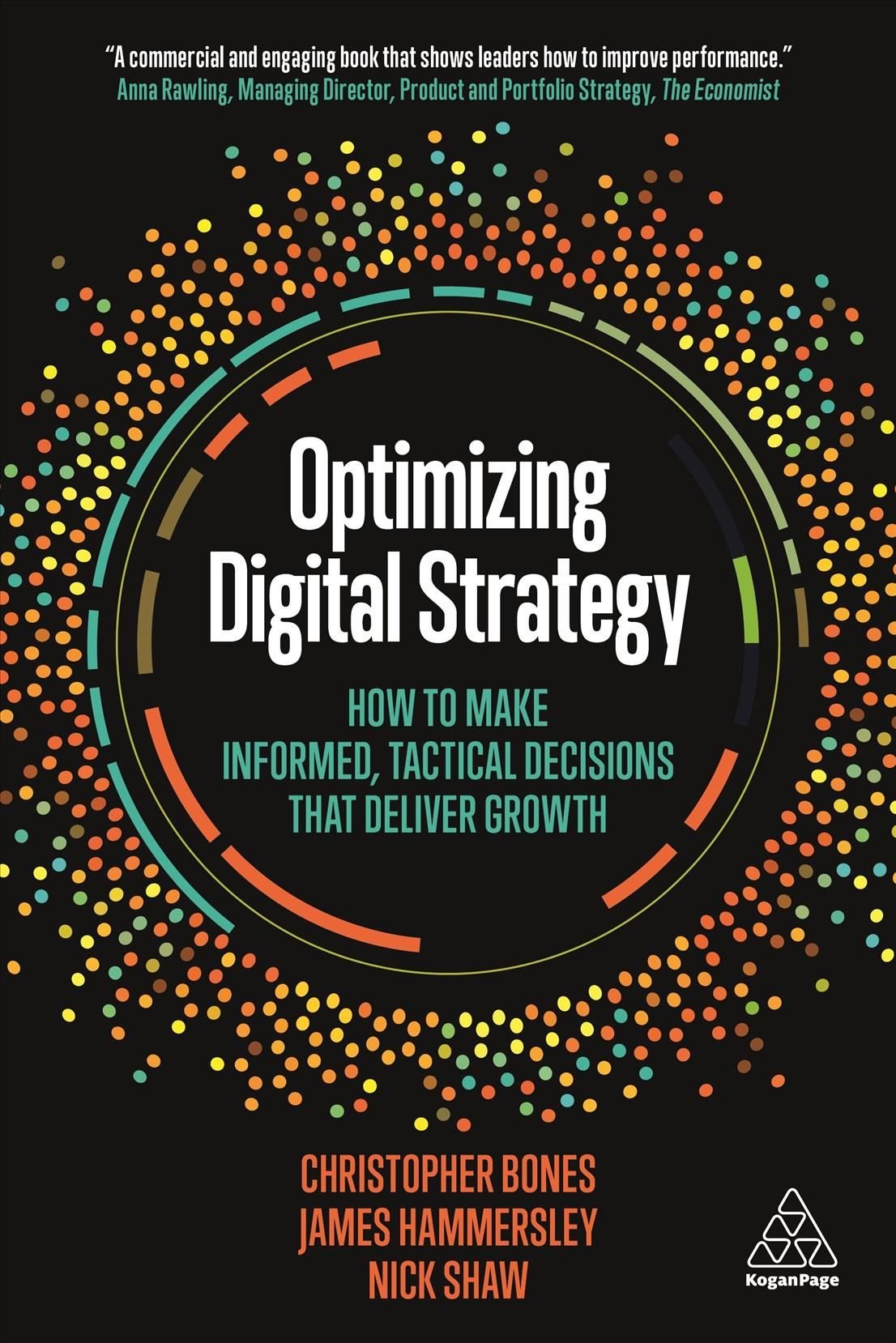This book explores European governance and policy coordination within lifelong learning markets. Using an instruments approach, the editors and contributors examine the ways in which governance mechanisms employed by the European Union influence policy to regulate lifelong learning, and intervene in lifelong learning markets, at both European and national levels. Filling an important gap in the current literature, this book examines how strengthened policy coordination at the EU level contributed to the blurring of boundaries between policy fields and the redefinition of the function of adult education after the 2008 recession. Divided into three parts, this book draws on a range of case studies from countries including Spain, Denmark, Bulgaria and the UK. It will be of interest and value to students and scholars of education policy and governance, adult education and lifelong learning.












